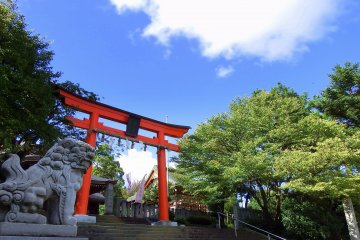
The Beauty of Fujishima Shrine
Takako SakamotoFujishima Shrine in Fukui enshrines Nitta Yoshisada, a famous samurai hero who fought for Emperor Go-Daigo and died a tragic death in a rice field of Fukui in 1338.
Fujishima Shrine is a Shinto shrine located in the city of Fukui, Japan. In the former Modern system of ranked Shinto Shrines, it was a special shrine. Its main festival is held annually on August 25. [Wikipedia]

Fujishima Shrine in Fukui enshrines Nitta Yoshisada, a famous samurai hero who fought for Emperor Go-Daigo and died a tragic death in a rice field of Fukui in 1338.
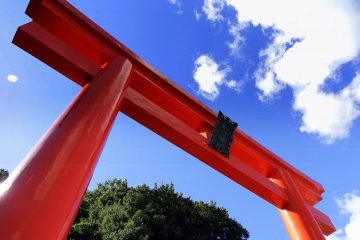
Founded in 1876, Fujishima Shrine in Fukui city enshrines Nitta Yoshisada, the prominent historical figure who died supporting Emperor Go-Daigo in 1338. The current head priest is Yoshisada's authentic descendant!
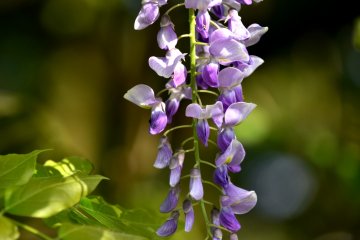
Wisteria at Fujishima Shrine in Fukui: The first pretty blossoms bloomed after the plants were transplanted from Kasuga Taisha Shrine in Nara 7 years ago.

In Fukui in central Japan, APA Hotel Katamachi is business hotel that makes up for its distance from the station by being comfortable and very affordable.

Fukui—a peaceful, nature-rich prefecture on Japan’s northern coast—is quickly becoming a favorite for travelers seeking an authentic, quieter side of Japan.
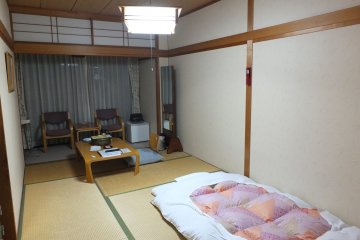
A nice local old-fashioned inn/hotel in the pretty rural town of Sabae in Fukui Prefecture.
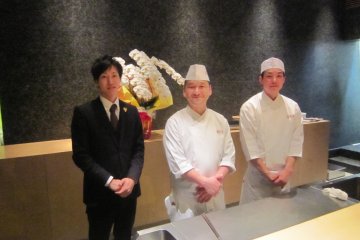
'Kaika-Tei sou・an', the annex of the old and established Japanese restaurant 'Kaika-Tei' in Fukui. This annexed restaurant was designed by the famous architect, Mr. Kengo Kuma, who renovated the recently re-opened Kabuki-za in Ginza, Tokyo. You can enjoy original, creative Japanese cuisine cooked by a master chef here.

Close to the main station in Fukui in central Japan, Tomiya is a traditional Japanese izakaya (dining bar), serving up inexpensive food and drinks.

Miyazaki Chicken Restaurant/Bar, 'Kidoriya' in Katamachi, Fukui. Sent directly from Miyazaki, the chicken called 'Jitokko' is served in many ways, broiled, boiled, grilled, etc. You can also enjoy various menu items cooked with Fukui's fresh fish & vegetables.
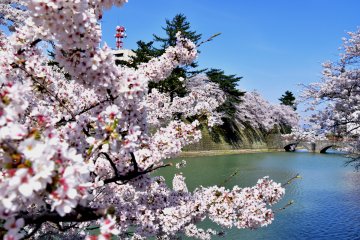
Fukui Castle is a flatland-style castle located in what is now the city of Fukui, Fukui Prefecture, Japan. During the Edo period, it was the headquarters of a branch of the Matsudaira clan, who were hereditary daimyō of Fukui domain under the Tokugawa shogunate. Wikipedia
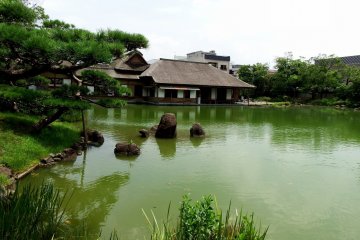
Yokokan Garden (養浩館庭園, Yōkōkan Teien) is a traditional Japanese garden established in the Edo period (1603 - 1868). The Yokokan villa inside the garden was a former residence by the Fukui Matsudaira Clan.
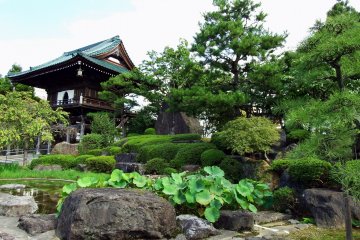
Shougenji Temple (聖玄寺, Shōugenji) is the head temple of Gugan Shinshu, which was founded in Fukui as a new sect of Jodo Shinshu in the Meiji Period (1868 - 1912).